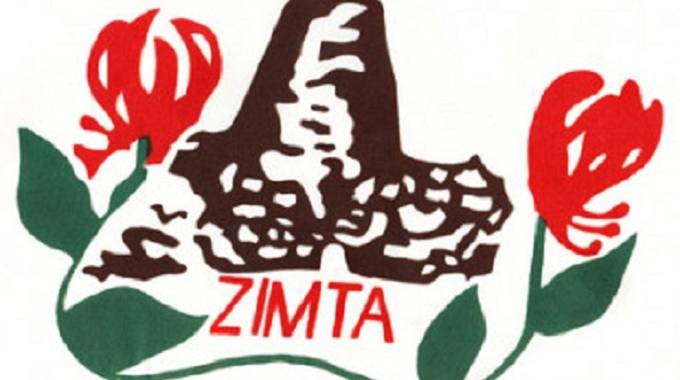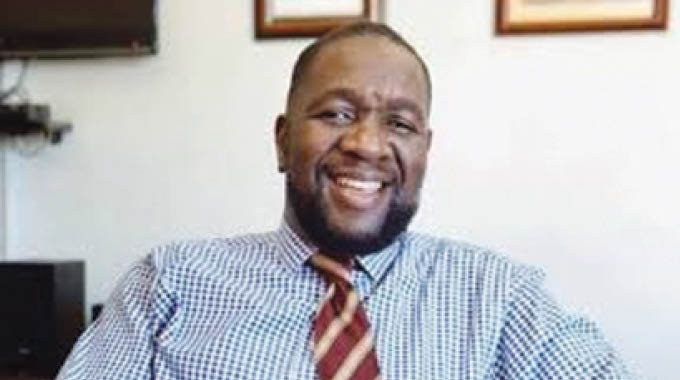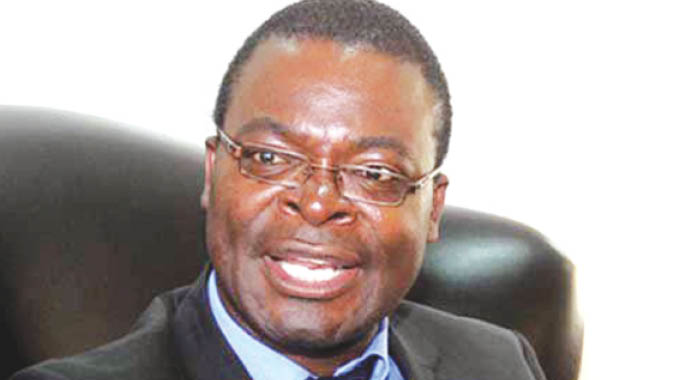EDITORIAL COMMENT: Teachers must continue valuing their jobs, children’s interests

When civil servants’ unions declared incapacitation on Monday, we were concerned that schools would not open for the first term of the year as scheduled on Tuesday.
The declaration came three days after the unions had rejected a 97 percent salary offer by the Government, which would have meant the least paid worker earning $2 033, up from $1 023 per month. In rejecting the offer after their latest round of salary negotiations with the Government on Friday, the Apex Council, which represents all civil servants said they want the least paid employee to get an equivalent of US$475 monthly calculated using the interbank rate. The demand, if granted, would improve the salary of the lowest earning civil servant to around $8 075 monthly.
The Apex Council met on Monday to review their meeting with their employer three days earlier and declared incapacitation.
Separately, the Zimbabwe Teachers’ Association, the country’s biggest educators’ union by membership size as well as two smaller entities — the Amalgamated Rural Teachers’ Union of Zimbabwe and Progressive Teachers’ Union of Zimbabwe — said their members did not have enough money to travel to their work stations in time for the start of the new term.
We are relieved that in spite of the clear financial difficulties that educators are facing, just like all other workers in the country, schools opened normally on Tuesday with teachers working. We applaud them for that and encourage them to continue with that spirit to ensure greater stability at schools, and more broadly in the civil service.
As we always say, strikes for better pay don’t favour anyone, especially under the prevailing economic situation. It is not a secret that the Government does not have enough money to pay its workers a living wage but has often indicated its willingness to do so when the economic circumstances permit. In fact, the Government is not the only employer who is struggling to pay their workers a living wage. Many in the private sector are struggling too and the reason why they are struggling is the same reason why the Government is unable to pay its workers higher salaries — the economy is on a rebuilding phase, not yet healthy enough for employers to reward their workers satisfactorily.
If schools had not opened, learners were going to suffer the most due to lost learning time. Having said that, it is our fervent hope that teachers are not just present at schools, but present and working. Children are our future but for them to be actually our future, they must receive the right education in a stable environment. Strikes and other labour instability frustrate that quest.
While the employer has said it does not have enough money to increase workers’ salaries to their satisfaction, it has committed to pay them cushioning allowances from time to time. Yesterday, the Government started paying them that allowance having budgeted $300 million for that purpose.
Secretary for Finance and Economic Development Mr George Guvamatanga told Chronicle on Tuesday:
“I am happy to announce that the money for the cushioning allowances for civil servants was released to individual banks and it’s now just a matter of banks processing the payments to individual accounts. We are also processing salaries for those civil servants whose salaries are due, like those in the security sector.”
He made it clear that the Government is aware of the challenges that civil servants are facing, but urged them to appreciate efforts being made to improve their lives.
“We paid bonuses at the same time and Government should be given credit for that,” he said adding: “We are on a journey as we work on our economy and we will not rest until we reach a time when the civil servants are paid a living wage and are happy.”
Civil servants can look forward to more cushioning allowances and salary adjustments over the course of the year if, of course, the economic situation demands that they be paid.
Austerity measures that the Government implemented last year have laid a viable foundation for economic growth. This year is projected to mark the beginning of the turnaround we all desire. In that connection, the Government has forecast three percent gross domestic product growth this year after a negative growth recorded last year.
Independent, reputable organisations are equally optimistic. The World Bank has projected a 2,7 percent growth rate this year while the International Monetary Fund sees slightly below two percent growth. Projections therefore are that the economy will start registering positive growth this year. That is light at the end of the tunnel.
We see these statistics translating into real money in the pockets of our hardworking educators, other civil servants as well as hundreds of thousands of more workers in the private sector.










Comments